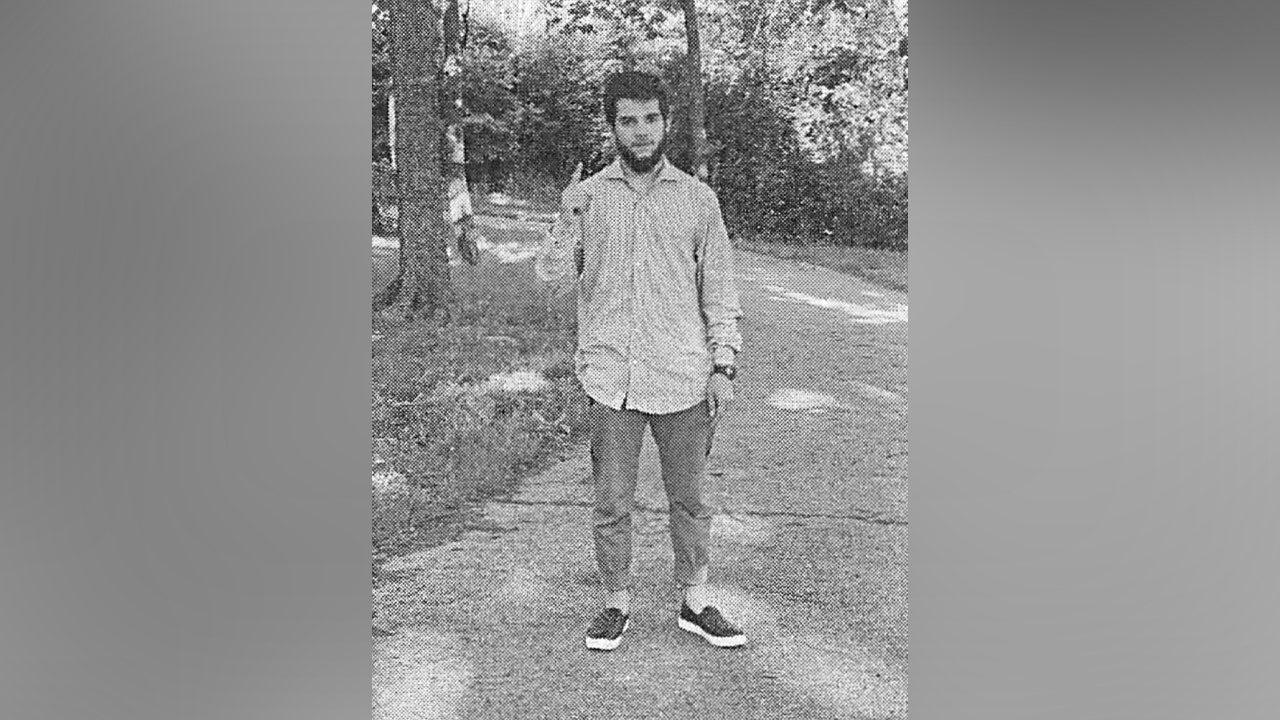The FBI says ISIS-K was behind a recently foiled terrorist plot aimed at carrying out a mass shooting on Election Day in the U.S. on Wednesday.
The FBI arrested Nasir Ahmad Tawhedi, 27, in Oklahoma last week on charges of planning to purchase two AK-47 rifles to carry out the attack. Officials say Tawhedi was in communication with a person he knew as “Malik,” who was affiliated with ISIS-K, the Afghan branch of ISIS.
Tawhedi had previously worked as a security guard for the CIA in Afghanistan, and Fox News has reported that he did not undergo vetting by the State Department for special immigrant status (SIV).
The FBI says it tracked Tawhedi donating to an ISIS-connected charity and viewing ISIS propaganda online. A family member of Tawhedi was also arrested in Paris this week for planning a separate attack, according to the French Anti-Terrorism Prosecutor’s Office.
MAYORKAS REFUSES TO ANSWER QUESTIONS ON AFGHAN ACCUSED OF ELECTION DAY TERROR PLOT
The family member in France has not been identified, but authorities say the individual was 22 years old and was arrested along with two other people.
AFGHAN CHARGED WITH ELECTION DAY TERROR PLOT RAISES QUESTIONS, FEARS FROM LAWMAKERS: ‘THIS IS REAL’
U.S. officials had claimed last week that Tawhedi was vetted three times: first to work for the CIA in Afghanistan, then to come to the U.S. on Department of Homeland Security (DHS) humanitarian parole during the withdrawal and a third time when he was approved for special immigrant (SIV) status after arriving in the U.S.
President Biden’s administration now admits that the third check never occurred.

Tawhedi entered the U.S. in September 2021 following the U.S. withdrawal from Afghanistan.
U.S. officials now say Tawhedi was subjected to “recurrent” vetting as part of his DHS humanitarian parole under Operation Allies Welcome.
The Department of Homeland Security has repeatedly stated that no red flags were identified at any point in Tawhedi’s vetting, but three sources forcefully disputed DHS’ characterization of the vetting process as “thorough.”

According to a 2022 DHS Inspector General Report, DHS did not provide data or evidence to support its claim that “recurrent vetting processes were established for all paroled Afghan evacuees for the duration of their parole period.” The report also stated that DHS admitted or paroled evacuees who were not fully vetted into the United States, in many cases because information used to vet evacuees through U.S. Government databases, such as name, date of birth, identification number, and travel document data, was inaccurate, incomplete, or missing.
Fox News’ Jacqui Heinrich and Bill Melugin contributed to this report












